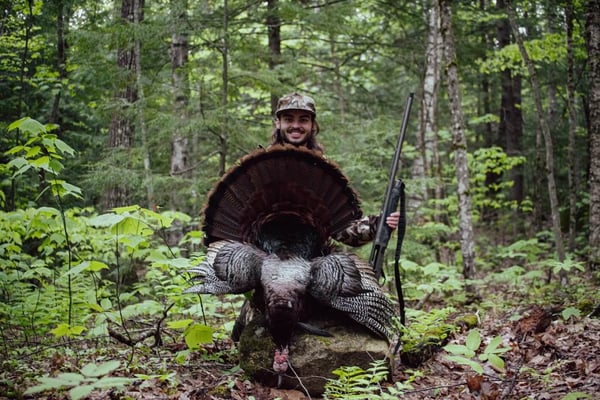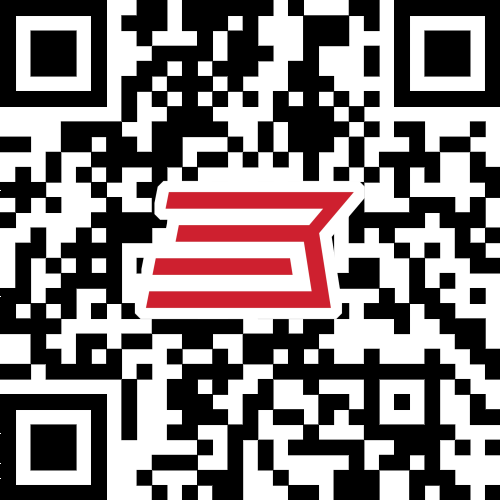- Savage Blog
- My First Hunt: What I Learned About Respecting Wildlife
My First Hunt: What I Learned About Respecting Wildlife
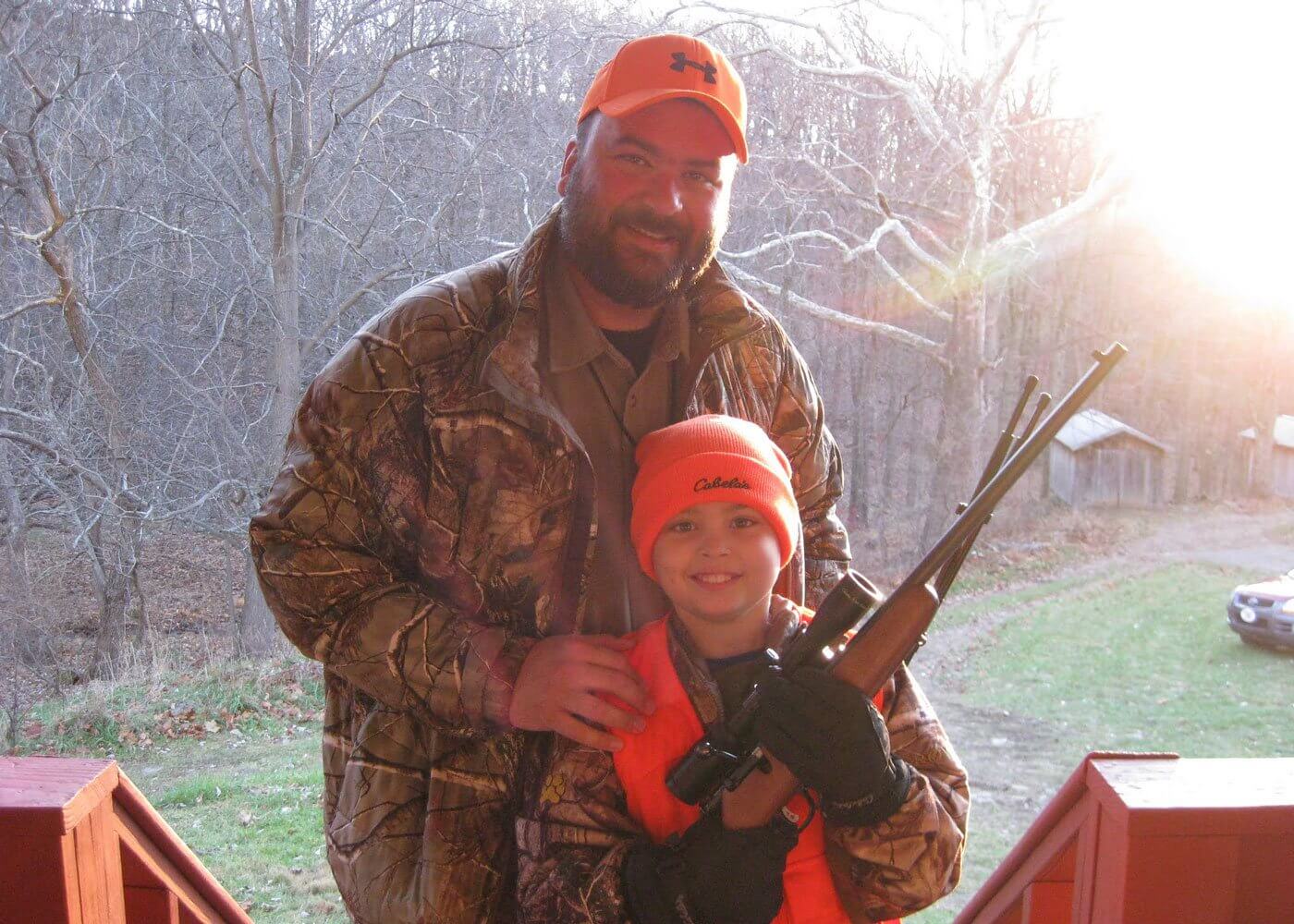
Wes Forbes is a recent Wildlife Management graduate from West Virginia University. In this blog, Wes recounts his first hunt as a child, and the impact it made on his life and what it taught him about respecting wildlife as a hunter.
In the mountains of West Virginia, where I grew up, hunting was more than a hobby. My mom, dad, and grandfather all hunted, and for as long as I can remember, West Virginia’s rifle season was the highlight of my year. The anticipation, the time spent preparing, and the stories passed around the dinner table shaped not only how I hunt, but why I hunt.
So, when my first opening day of buck season carrying a rifle finally arrived, it was about more than harvesting a deer. It was about stepping into a tradition that I had watched and admired my entire life. What I didn’t realize was that this hunt would shape the way I view hunting for the rest of my life.
The Preparation
Like a lot of young kids, I started out learning the basics with a Savage .22 rifle. Countless afternoons were spent at the range, getting comfortable with shooting. But when it was time to start deer hunting, my dad passed down a 6mm rifle that my grandad had given to him to harvest his first deer almost 30 years before.
I still remember the first time I shot that rifle. The recoil was a lot harder than I expected, and my dad told me that in the heat of the moment, with a hunting jacket and nerves flowing, I wouldn’t even notice. I didn’t believe him at the time, until I experienced it for myself.
The Morning
Opening morning at camp was beyond exciting. We woke up early to a breakfast of biscuits and gravy and headed to the woods with high hopes. My dad and I made our way to a makeshift blind made of piled up sticks that we had crafted the year before. Even now, it’s still my favorite spot to hunt.
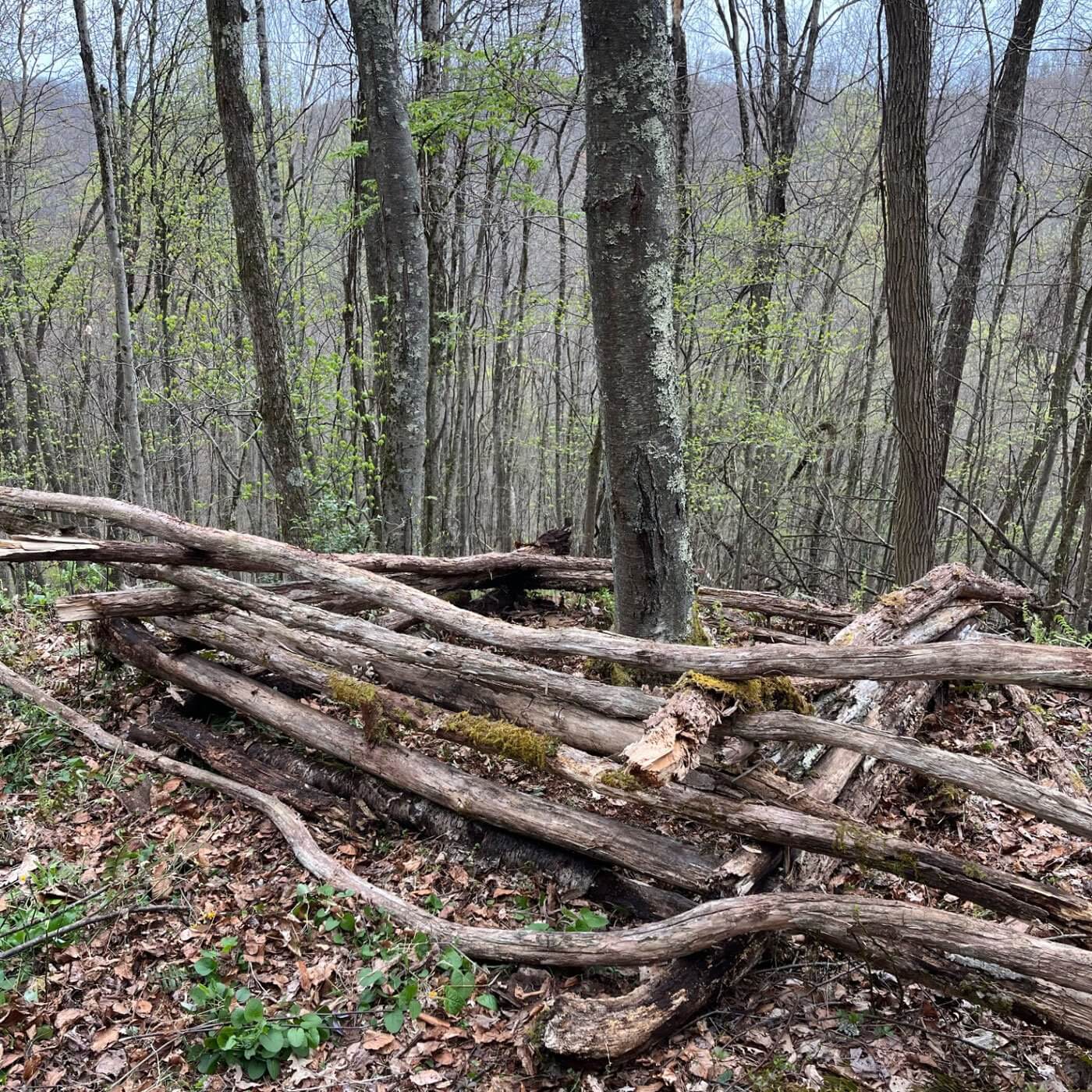
We hadn’t been sitting long, maybe a half hour or so, when movement caught our eye. A group of deer were moving in from the left onto an old logging road. I remember my dad whispering, “There’s a deer, there’s another deer, there’s a buck!” I shouldered my rifle and when he stopped, I pulled the trigger. But missed.
I’m still not sure whether it was nerves, flinching, or something else. But the buck took a few steps and stopped broadside presenting another shot. This time I made a well-placed shot, and the buck ran out of sight. My dad said that it looked good, but that we should wait a few minutes before going to track. I was shaking like a leaf on a tree.
After what felt like an eternity, we made our way down the hill to look for him. After following the blood trail for about 40 yards, there he was. My dad’s hands went up in the air, and I quickly ran over to him. That moment was something that I’ll never forget.
The Moments After
With the 9-point buck in my hands, the feeling was indescribable. We radioed my grandad and my mom, who were both hunting not too far away, but in different directions to share the news. They each arrived shortly after, and we celebrated together.
After we snapped a few pictures, the work began. I was first taught how to field dress a deer, then came the short drag back to the truck. This process taught me that being a hunter means being responsible for your harvest from start to finish.
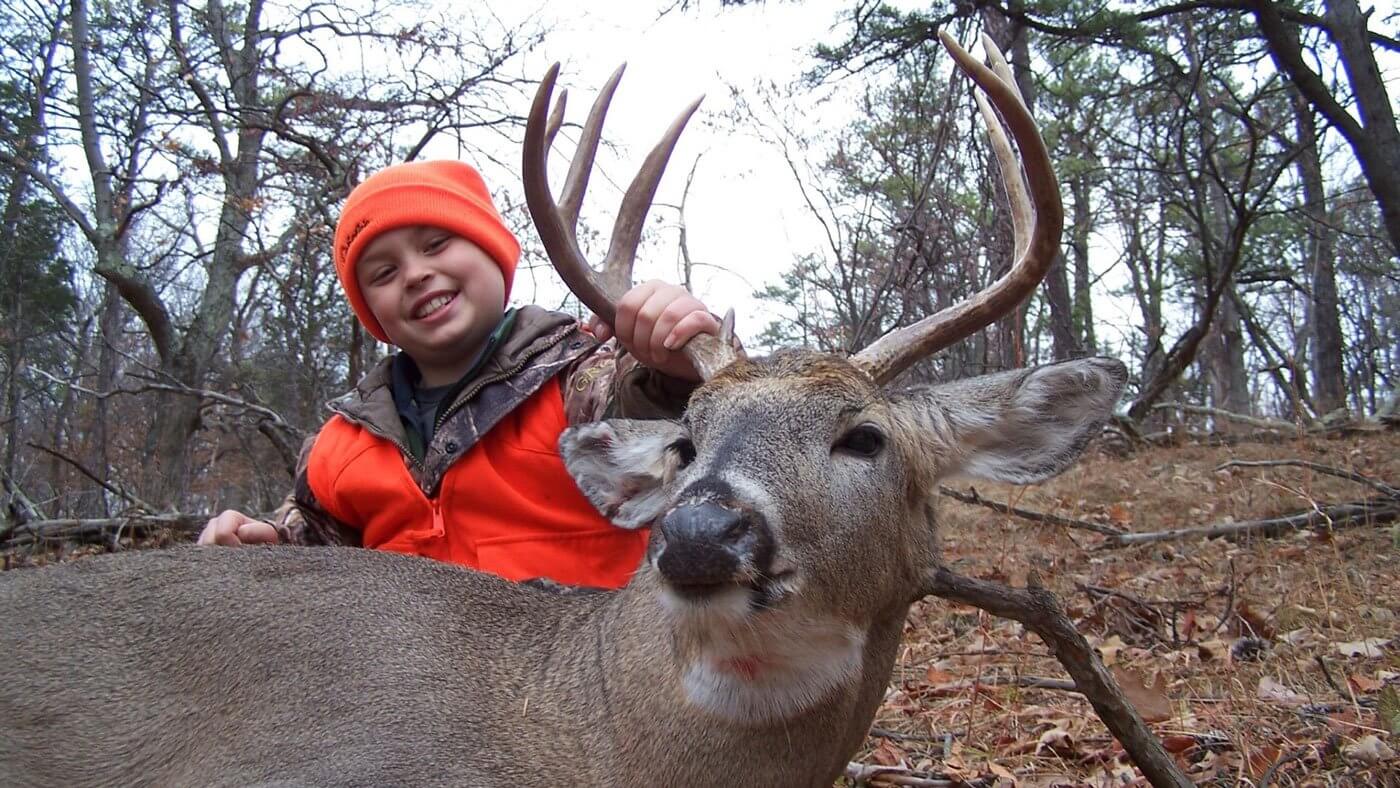
The Lesson
After we had made it back to camp with the buck, my dad turned to me and said “Well, what are you feeling?”
This was a simple question with a complex answer. I was proud. All the time spent practicing, the lessons, and the hard work, it had all come together. I was grateful that every part of the deer would be used, but at the same time I felt the weight of taking an animal.
I thought about the question for a few seconds. The excitement was still there, but I knew what he was asking. I said, “I’m happy, but I feel bad for taking this animal.”
That moment stuck with me. It was the first time I had experienced anything like that. It gave me a deep respect for wildlife and changed my perspective on hunting forever. Hunting wasn’t just about the kill. It’s about everything that goes into it, and those experiences shaped how I hunt today.
The Bond
For our family, rifle season in West Virginia is always the week of Thanksgiving, and the timing couldn’t be more fitting. Hunting brings us together in a way that few other things can. Telling stories, sharing meals together, and chasing whitetails in the mountains.
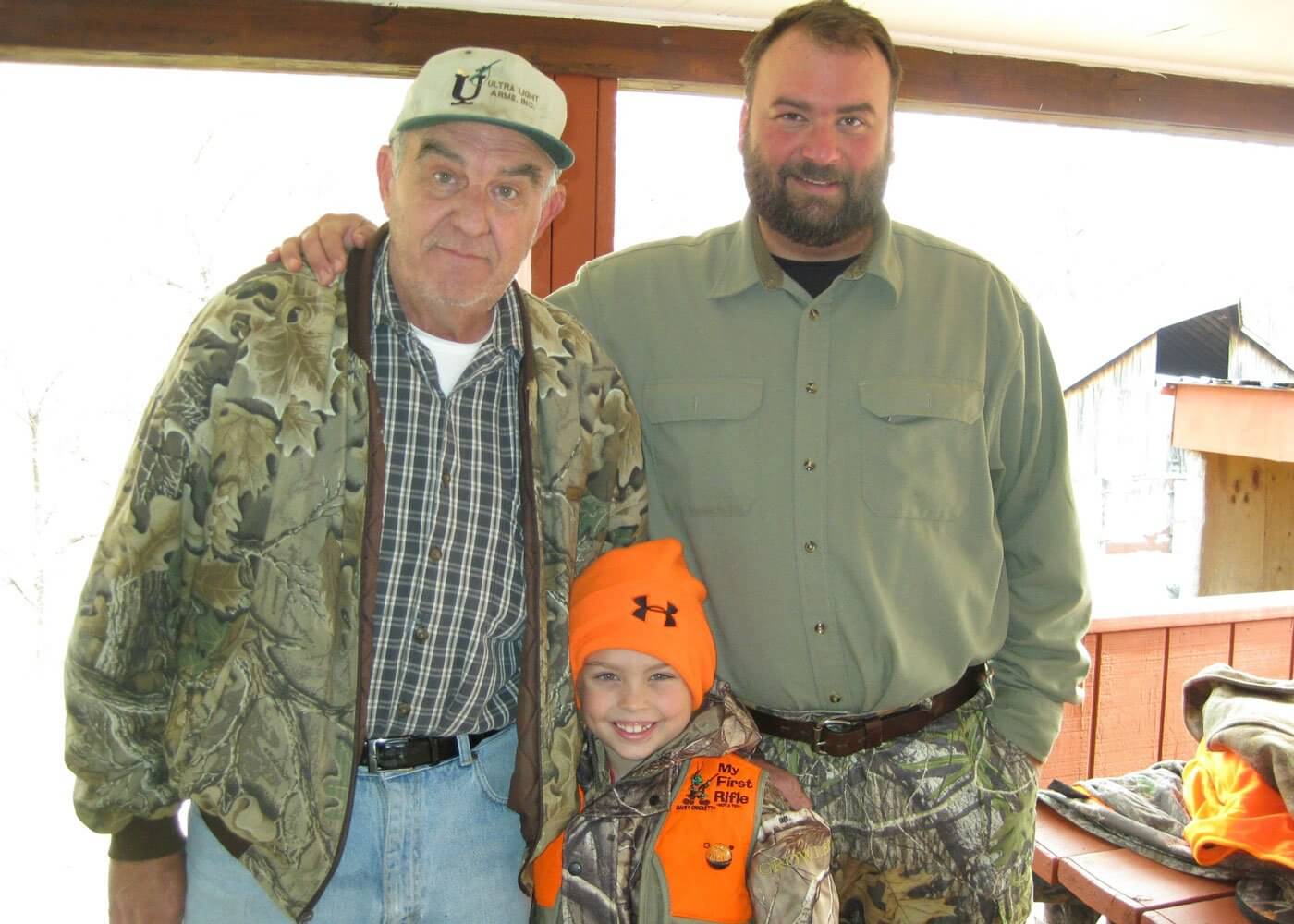
Last season, I was lucky enough to be there when my mom tagged a buck. Later that week, both of my parents were there shortly after I shot mine. Those shared moments have become some of my favorite memories.
Once hunting season wraps up, we work together to process our game. It’s a full-day affair that involves cutting the meat off the bone, trimming the meat, and packaging. Knowing exactly where our meat comes from means that we can use every part of the animal. It's a long process, but one I learned early, and it gave me a deeper appreciation for the animal.
Respecting Wildlife
That first hunt taught me that being a hunter is an agreement to carry responsibility. Not just to the animal, but to the land and the future of hunting itself. I have developed a deep appreciation for the role we play as hunters, which sparked from the events of that first hunt.
Respecting wildlife is taking ethical shots, utilizing every part of the animal, and recognizing that we play a big role in the conservation picture. Hunters are a part of the solution; we help manage populations, protect habitats, and make sure our resources stay for future generations.
A Lifetime Ahead
Since that first hunt, I’ve had plenty of successful days in the field. But none impacted me quite like that first morning with my dad in the hills of West Virginia. That hunt didn’t just shape who I am as a sportsman, it helped shape who I am as a person.
Today, I still sit in that same blind. And every time I do, I bring that first lesson with me. Hunting is more than harvesting game. Hunting means something different to everyone. For me, it's centered around family, respect, and the pursuit
